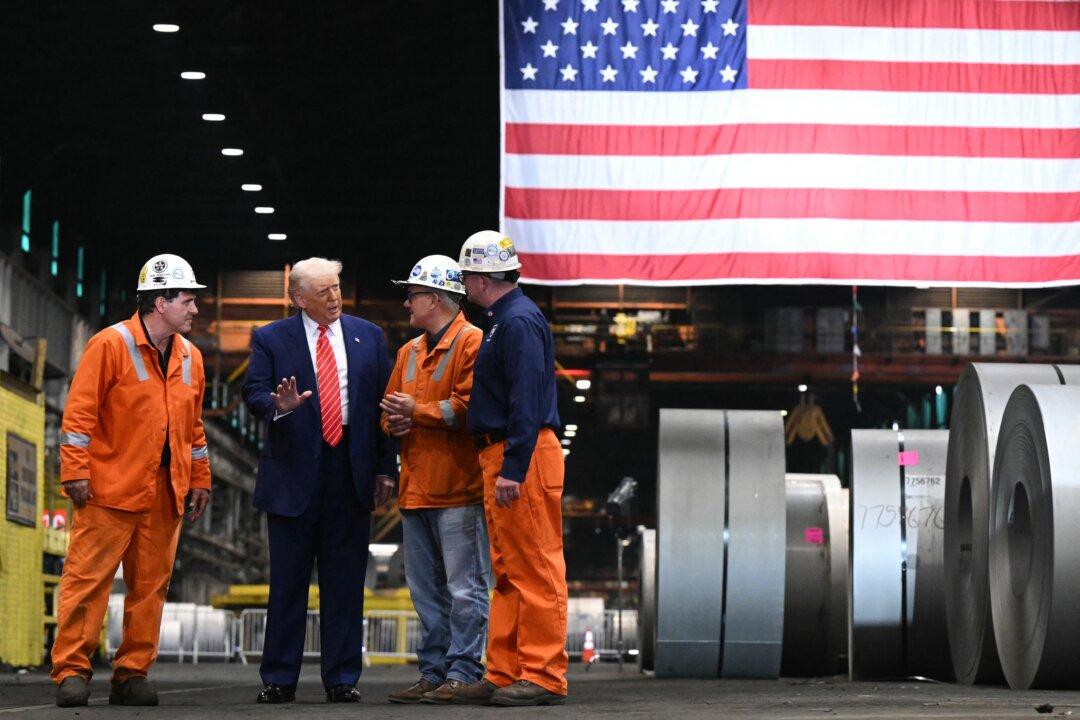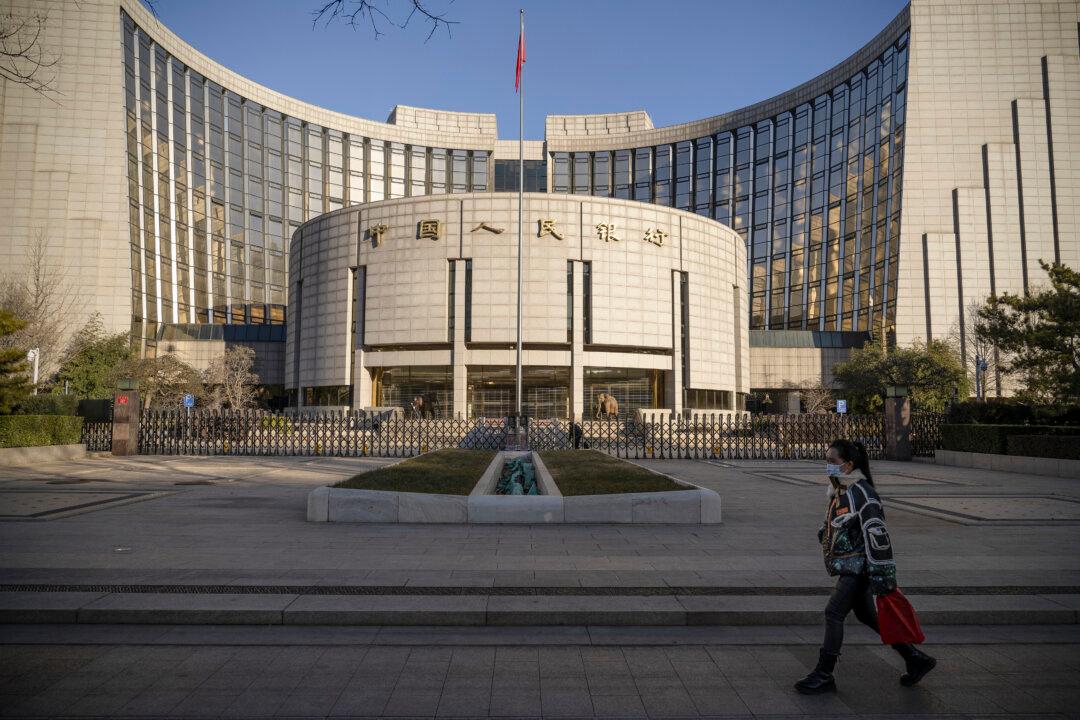Despite the pause in President Donald Trump’s tariff pressure on China, Beijing knows how vulnerable its economy is to a trade war with the United States. In an effort to find alternatives to the U.S. relationship, China has launched a charm offensive the world over, most pointedly in Washington’s backyard, Latin America.
Xi also touted China’s Belt and Road Initiative (BRI, also known as One Belt, One Road) and pledged a 66 billion yuan (about $9.2 billion) credit line for fresh infrastructure investment. It is an attractive amount to less-than-fully developed societies in Latin America and the Caribbean. But as a sign of China’s other severe economic problems, Xi’s recent offer was less than half of what China pledged in 2015.
Credit lines and the glitter of the BRI were not all that Xi offered at the forum. He promised both Brazil and Colombia that China would buy more of their exports, and that in addition to his pledge, he would encourage both private and state-owned Chinese firms to invest more in the two countries. Brazil particularly welcomed these promises, because that country and its president, Luiz Inácio Lula da Silva, have positioned themselves to deliver agricultural products to China should a trade war with the United States force China to cut back on heretofore significant U.S. agricultural imports.
As part of Beijing’s courtship of Latin American trade ties, Xi also announced that Beijing will offer the nationals of five Latin American countries—Argentina, Brazil, Chile, Peru, and Uruguay—visa-free entry into China for one year. Not coincidentally, all of these countries are major agricultural exporters.
Although more than 20 Latin American countries are among the 150 nations participating in China’s BRI, the new presence of Colombia is especially important to Beijing because Panama recently announced its decision to leave the program when its membership expires in about two years. Beijing has blamed this decision on pressure from Washington, but the move is otherwise entirely consistent with the behavior of other nations that have discovered how a BRI affiliation comes with terms and conditions that can be burdensome.
The meetings could have been a diplomatic win for Beijing. Although trade issues remain ambiguous and Latin America, even with the Caribbean, cannot make up for lost trade with the United States, China nonetheless appears to have made some progress in moving away from its dependence on the United States, should it become necessary. So far, the Trump administration has said nothing about China’s actions or those of the nations involved with the China–CELAC Forum.







